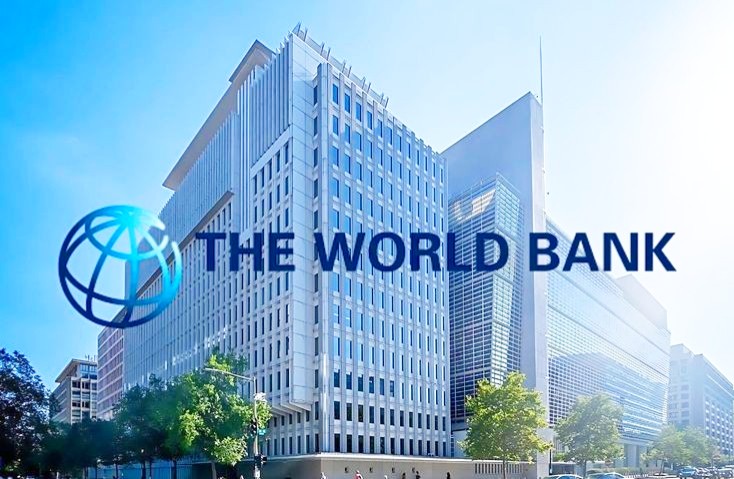
Through the International Development Association (IDA), the World Bank’s Board of Executive Directors has authorized US$360 million in assistance for Ghana as part of its Second Resilient Recovery Development Policy Financing.
There are four priorities for the funds:
- Restoring debt and budgetary sustainability by strengthening reforms in line with continuing IMF initiatives.
- Increasing private investment and stabilizing the financial system by improving governance, dealing with non-performing assets, and fostering a more welcoming atmosphere for companies.
- Strengthening the discipline of the energy industry, which will guarantee improved operational and financial management of energy services.
- Increasing social safety nets and using climate adaption strategies to fortify social and climate resilience.
The success made under Ghana’s larger IMF-backed program and previous World Bank funding, including a US $300 million Development Policy Operation approved in January 2024, is expanded upon by this help.
The loan represents a “huge vote of confidence” in Ghana’s reform trajectory, according to Finance Minister Cassiel Ato-Forson, who also noted that the IMF-aligned framework is making the country’s economy more resilient, inclusive, and disciplined.
This additional funding builds upon previous World Bank and IMF assistance of around US$660 million (300 million plus 360 million).
In addition to continuing IMF loans, it strengthens investor confidence and fiscal restraint.
With an emphasis on resilient and sustainable growth, the assistance will strengthen vital industries including social welfare, energy, and finance.
Banks Assured Of Strong Safety By The Finance Minister
It also establishes the groundwork for long-term economic stability by signaling a change from emergency aid to planned development.
The $360 million investment shows that the world is quite confident in Ghana’s reform trajectory. It addresses important structural areas, supports IMF initiatives, and puts the nation on a course for resilient, sustainable growth that is rooted in macroeconomic stability, energy reform, financial-sector strength, and social inclusion.





